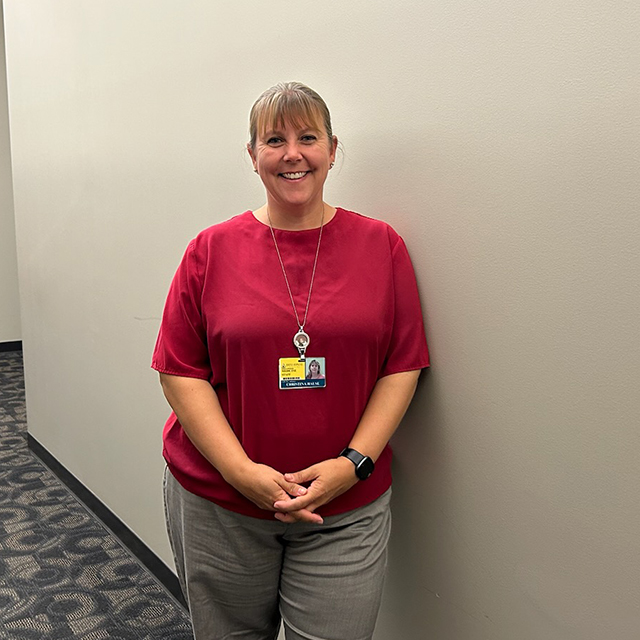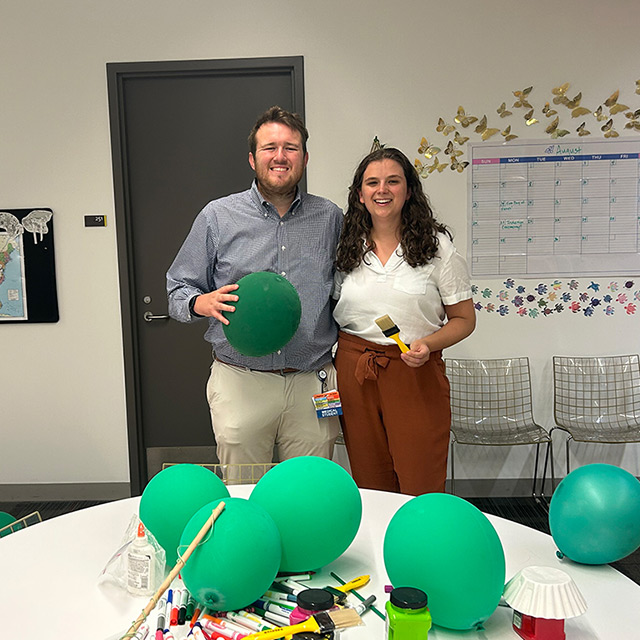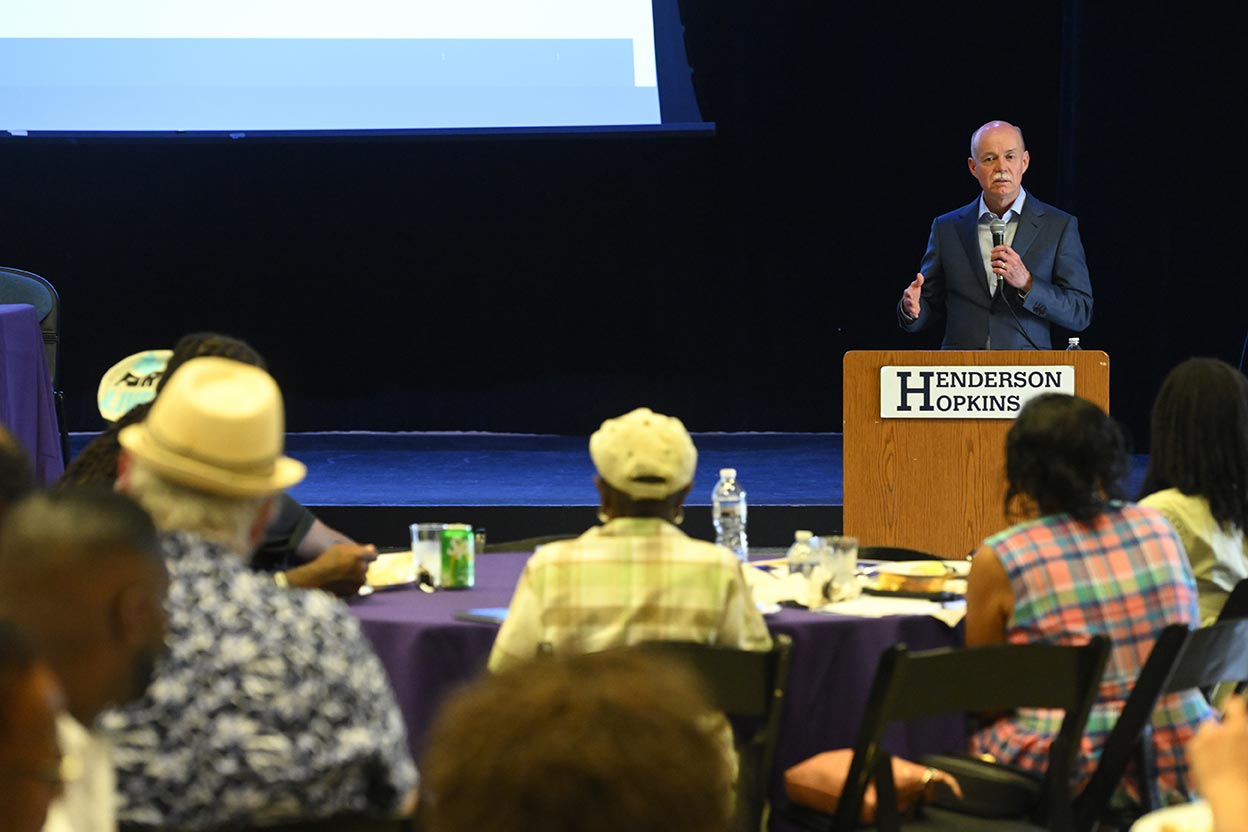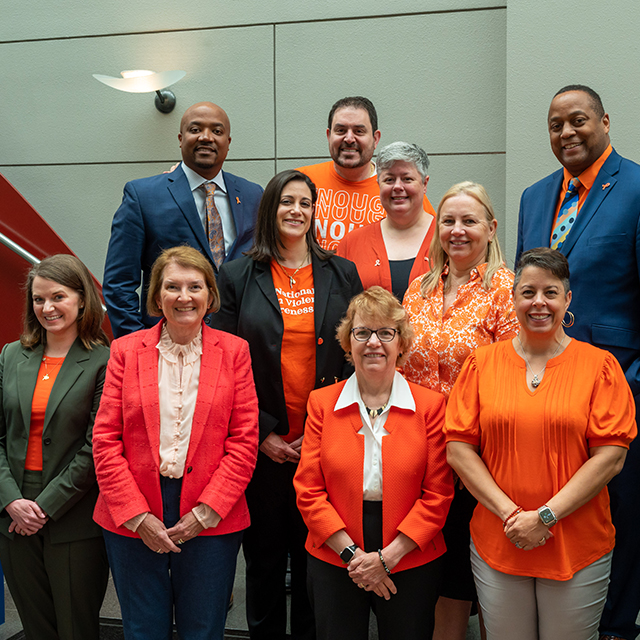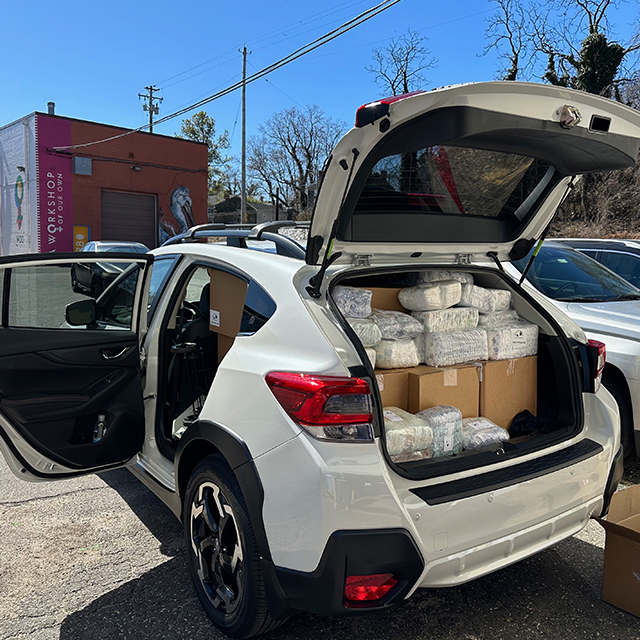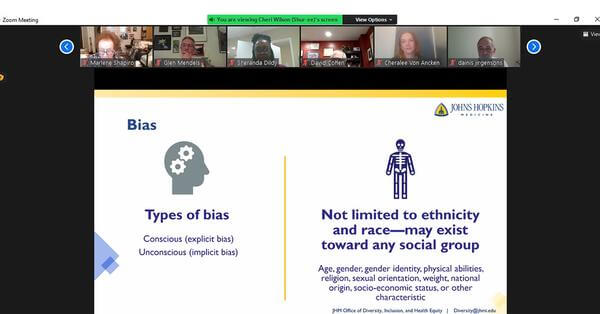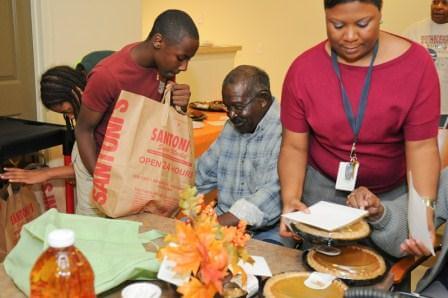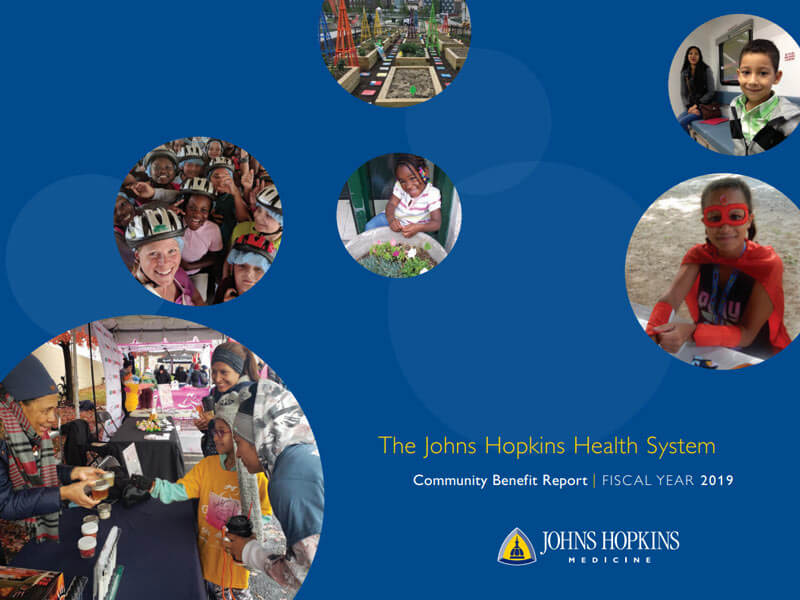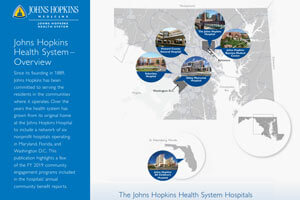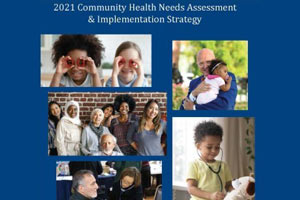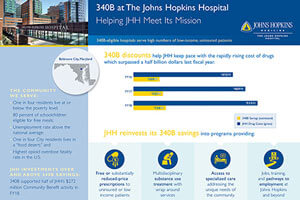The Johns Hopkins Hospital has numerous initiatives that support the Hospital’s efforts to meet the needs of the community. There are over 300 programs and initiatives carried out or supported by administrative, clinical, and operational departments at The Johns Hopkins Hospital.
Since its opening in 1889, The Johns Hopkins Hospital has shown a commitment to addressing the health-related issues and concerns faced by Baltimore City and the hospital’s surrounding communities. Guided by the results of the most recent community health needs assessment, The Johns Hopkins Hospital has identified high-priority issues to focus on — Asthma, Cancer, Cardiovascular, Diabetes, Health Care (Access and Availability), Infectious Disease, Maternal and Child Health, Mental Health, Obesity, and Substance Abuse.
Get Involved at The Johns Hopkins Hospital
Community Initiative Highlights
Johns Hopkins’ commitment to Baltimore is not new—it was inherent in the founding of our institutions and in countless initiatives in the decades since. Learn more about a few of the current initiatives in East Baltimore in the communities surrounding The Johns Hopkins Hospital and Johns Hopkins Bayview Medical Center.
HopkinsLocal
HopkinsLocal is Johns Hopkins’ firm commitment to leverage its economic power and build on existing community partnerships, projects and programs to sustain healthier, safer and more vibrant communities in Baltimore City.
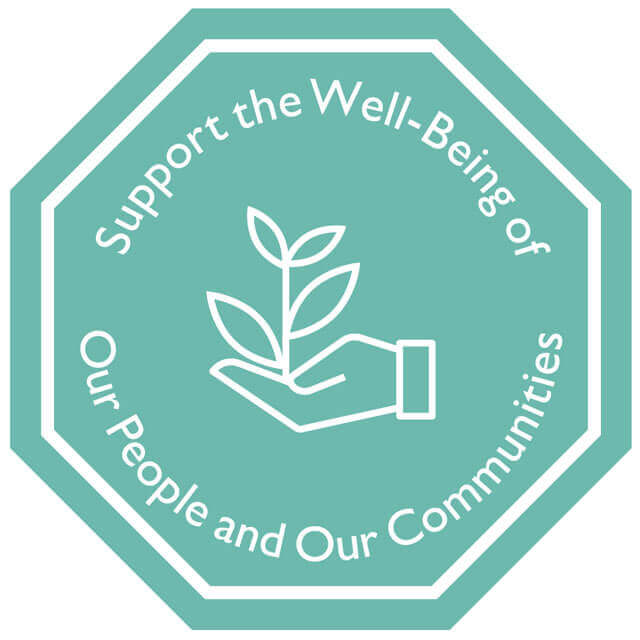
BLocal
Baltimore-area businesses have joined together to expand existing programs or launch new ones to build, hire, invest, and buy locally.

Hopkins+Baltimore
Interested in finding out what's going on in your community? Have an event you’d like your neighbors to attend? Need people to volunteer at your nonprofit? Visit the Johns Hopkins community website to trade ideas and information about what's going on in the neighborhood.

East Baltimore Community Affairs
The Johns Hopkins Medical Institutions have formed invaluable community partnerships to make a collaborative impact on the health status of the community, and continue to seek new and innovative strategies to improve the quality of life for our neighbors.

-
The Office of Community Health serves as an official interface between the community and the Johns Hopkins Medical Institutions to reduce health disparities in East Baltimore. The Office provides leadership to JHMI faculty and staff in the creation of community-based health programs achieved through academic-community partnerships.
Key Services:
- We provide effective consultation and education to faculty, staff, and students toward the development and implementation of targeted initiatives to reduce health disparities, increase effective use of health services, and promote the overall goal of a holistic approach to community health.
- We provide effective outreach to ensure active participation of community residents, in the planning, implementation, and evaluation of services.
- We coordinate volunteer resources for health education and health promotion through on-going programs conducted in the community.
The Office of Community Health
550 N. Broadway
Suite 500
Baltimore, MD 21205 -
As parents, grandparents and caring adults, we want the next generation to be happy and healthy. Learn about some of the programs designed to teach our children about the importance of healthy eating decisions and learning new skills for a future in the workplace.
Food Re-Education for Elementary School Health
An innovative nutrition education program available to elementary schools in southeastern Baltimore City and Baltimore County.
Providing summer internships, scholarships, mentorship and shadowing opportunities to students in Baltimore City.
CARES: Summer in the Lab
Meet 19 undergraduate and high school interns who spent the summer exploring different fields of research.
-
As a community, we depend on strong leaders to keep us moving forward. These are just some of the programs designed to bring new leaders to the workplace and raise the next generation of health care experts to address substance abuse, mental health, homelessness, urban violence and sexually-transmitted infections.
Partnering with several area organization to provide training opportunities to adults residing throughout East Baltimore and Greater Baltimore.
Urban Health Residency Program
Offering training in substance abuse, mental health, homelessness, urban violence and sexually-transmitted infections, while also offering medical students the opportunity to work with various agencies
-
Our historical mandate is to care for everyone, especially those in need. Learn about some of our programs designed to address the health needs of uninsured and underinsured residents in Baltimore City.
Improving access to effective, compassionate, evidence-based primary and specialty care for uninsured and underinsured patients residing in the community.
Center for Promoting Health/Salud and Opportunity for Latinos
Enhancing the health of Latinos in Baltimore and beyond by combining coordinated clinical care with advocacy, education and research.
Improving the health and quality of life of children and adolescents within the context of their families and communities, and to educating trainees in this model of care.
-
By connecting resources and people, we can build a stronger Baltimore. Learn about a few of the programs designed to educate, equip and improve the lives of countless people in the Charm City.
Improving access to medical care, offering educational programs to the community, equipping individuals with needed resources and addressing health care disparities in the community.
#TimeForBaltimore
The #TimeForBaltimore video series showcases community volunteer efforts by Johns Hopkins Medicine employees. This episode features Abby Ferretti, art director in the Marketing and Communications Department. Ferretti volunteers with Back on My Feet, a nonprofit organization that combats homelessness through running, community support and help with employment and housing.
Watch the full seriesSupport Groups and Resources at Johns Hopkins Hospital
Whether it’s you that’s been diagnosed or a loved one, a support system can help you manage the many aspects of diagnosis and its treatment.

